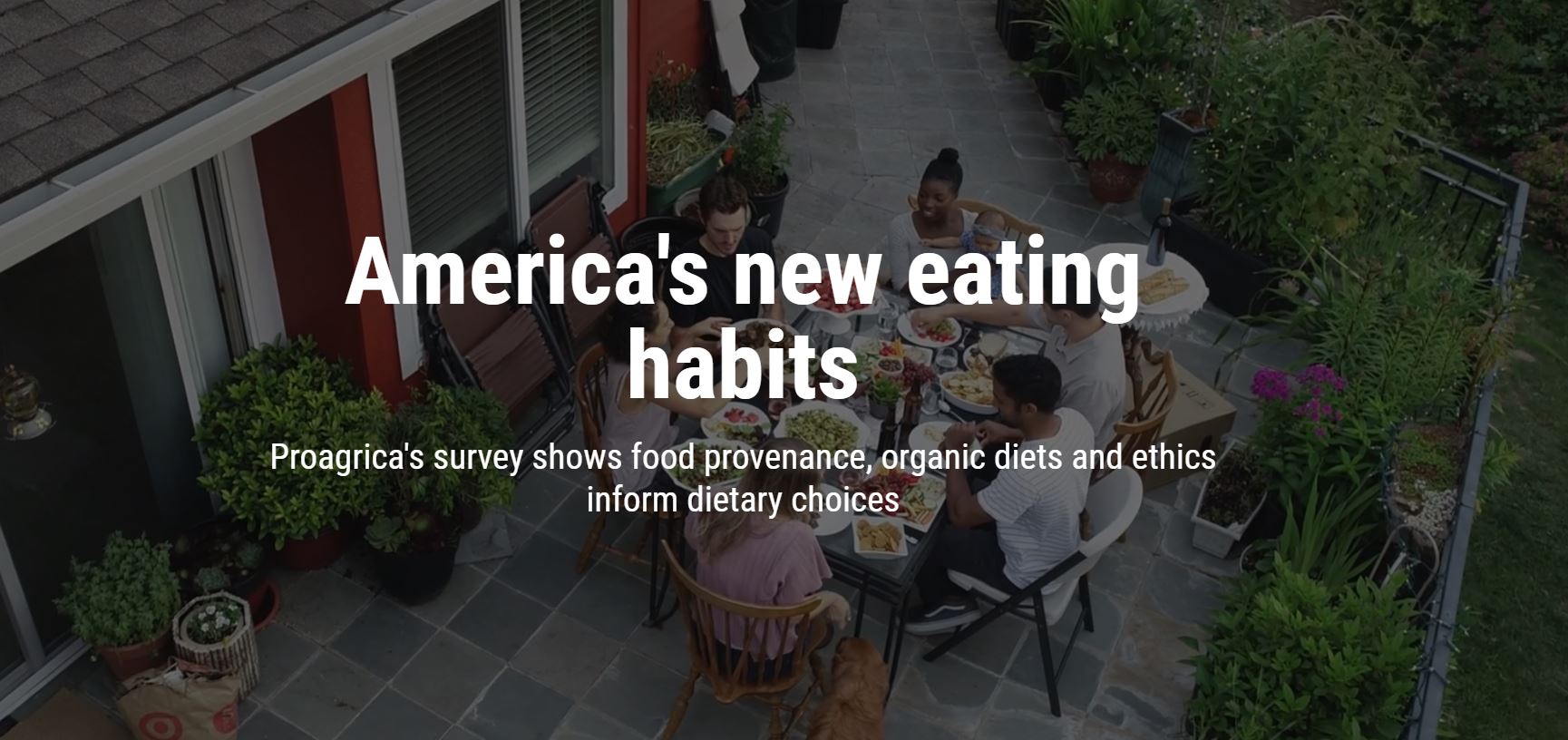This content aligns with Goal 3: Good Health and Wellbeing as well as Goal 10: Reduced Inequalities by emphasizing the importance of technology assessment capability in shaping health policy and priorities to improve health outcomes and quality of life. By promoting strong professional education and practice standards, accreditation processes, and educational programs for public health, the content supports efforts to enhance the quality of healthcare services and public health interventions. Additionally, it aligns with Goal 10: Reduced Inequalities by recognizing the need to address disparities and ensure equitable access to evidence-based methods of prevention, diagnosis, and therapy. By advocating for continuous revision of legal frameworks and ethical standards in response to societal changes and emerging health challenges, the content underscores the importance of promoting fairness and equity in public health practices and policies. Moreover, it highlights the ethical imperative of public health interventions to protect populations from illness and premature death, thereby contributing to efforts aimed at reducing inequalities in health outcomes and promoting the well-being of all members of society.
This content aligns with Goal 3: Good Health and Wellbeing as well as Goal 10: Reduced Inequalities by recognizing the importance of addressing health needs across various life stages within the family unit, emphasizing the significance of equal rights and access to healthcare for women, children, and men. It underscores the role of family and community support in promoting health through factors such as nutrition, education, and social and mental well-being, contributing to the overall health and well-being of individuals. Additionally, the discussion of the impact of aging on both individuals and families highlights the need for comprehensive health and social support systems to address the challenges associated with aging, thereby promoting good health and well-being for all members of society. Furthermore, acknowledges the influence of social inequities, poverty, and other factors such as displacement and mass trauma on family health. By advocating for the reduction of poverty and the provision of social support systems, the content supports efforts to reduce inequalities in access to healthcare and promote equitable health outcomes for all members of society.
Drug resistance became widely recognized global threats in last two decades. Knowledge of drug resistance, development of new vaccines and medicines, public awareness program, government support (policies and incentive), development of new diagnostic tool, industrial support in medical research are the need of the hour that will help the mankind to fight back and deal with drug resistance and helps to support SDG3.
The study aims to investigate whether machine learning-based predictive models for cardiovascular disease (CVD) risk assessment show equivalent performance across demographic groups (such as race and gender) and if bias mitigation methods can reduce any bias present in the models. This is important as systematic bias may be introduced when collecting and preprocessing health data, which could affect the performance of the models on certain demographic sub-cohorts.
This Article supports SDG7 and 13 by proposing a new model to identify the most critical features of energy storage system technologies to enhance renewable energy integration and achieve New York State's climate goals from 2025 to 2040.
This review article advances goals 3, 5, and 10 by addressing inequity in care among pregnant women with asthma in underserved communities and examining potential interventions that may help improve health outcomes and standard of care.
This chapter advances Goals 5 and 10 by addressing ways we can support the needs of female hand surgeons.
This chapter advances Goals 4 and 10 by educating hand surgeons on how to be true allies and how to increase diversity and inclusion.
This article ties to SDG 3, Good Health and Well-being. A survey conducted by Proagrica, shows food provenance, organic diets and ethics inform dietary choices. Two-fifths of US consumers have considered going vegetarian or vegan since the pandemic began, 20% of consumers identified health concerns as the primary driver for these choices, nearly three-quarters say they have paid more attention than ever to food provenance, and two-thirds suggest that they are now eating more organic food.
The growth of predictive data analytics and the simultaneous growth in the availability of interoperable AI-enabled devices offer opportunities to mitigate healthcare disparities currently endemic in indigent, underrepresented, and underserved communities supporting SDG3.

